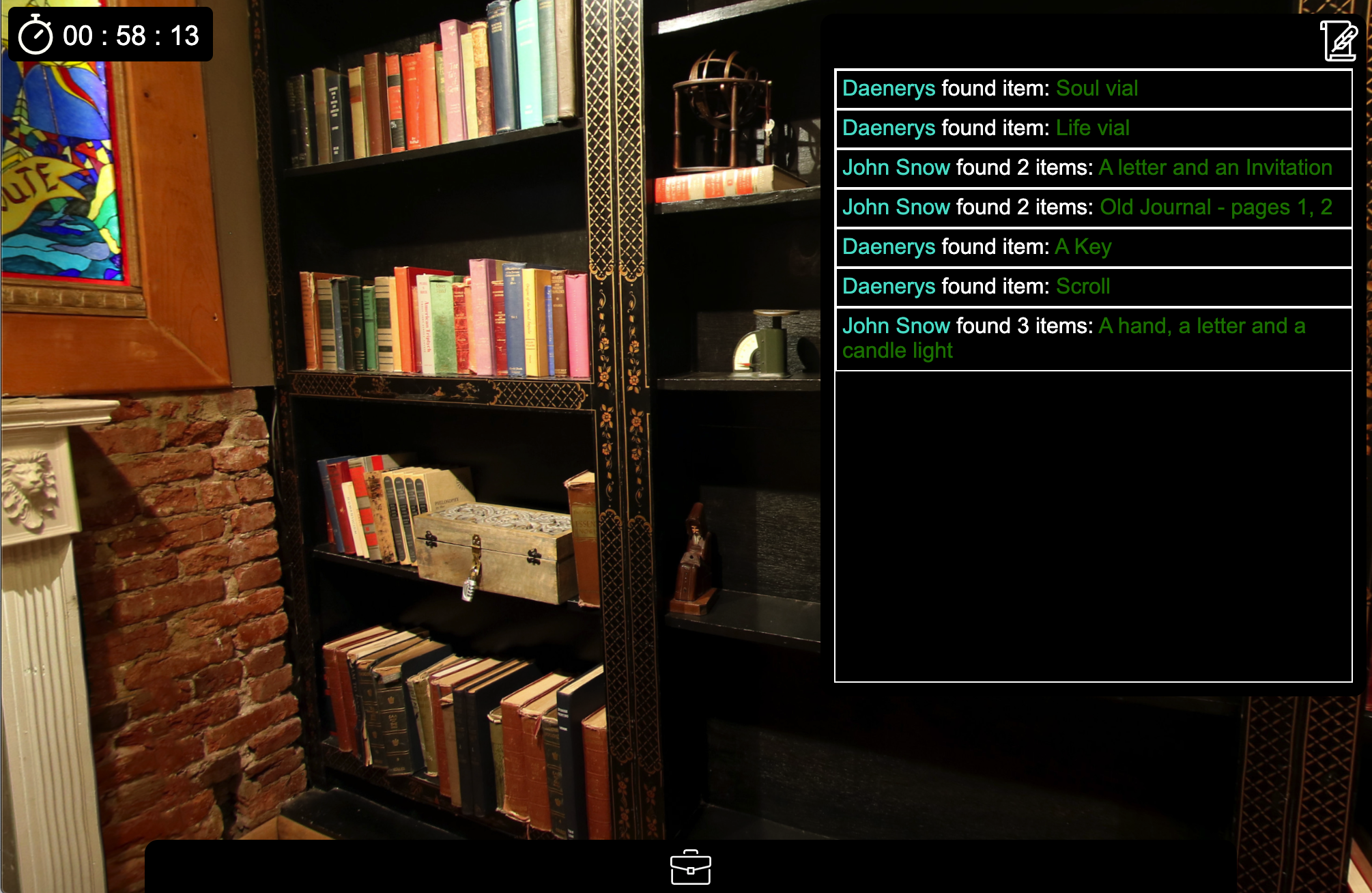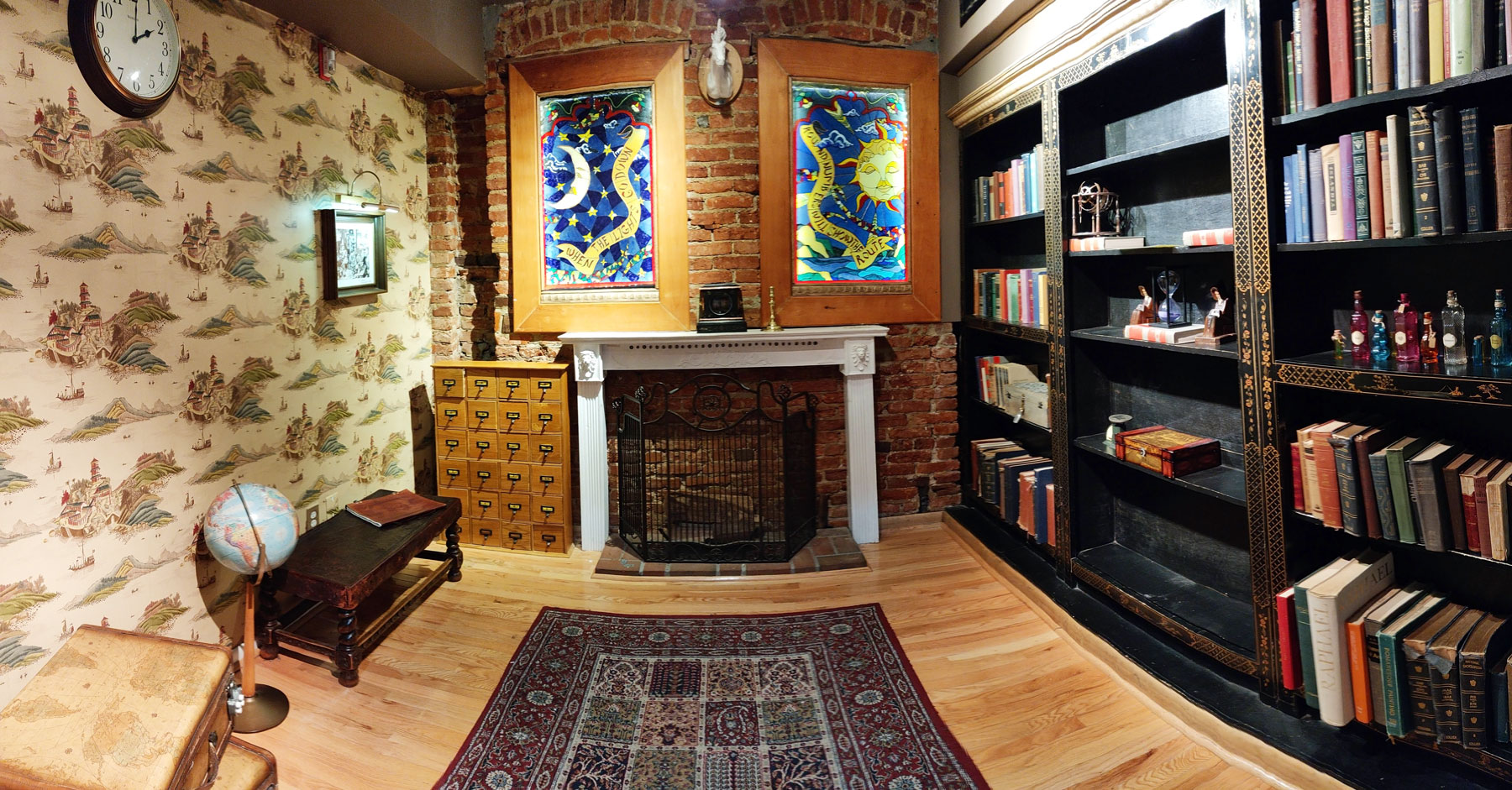With most out-of-home entertainment experiences unraveling during pandemic lockdowns, leisure facilities have been forced to devise alternative experiences to connect with their audiences in the home and offer their wares. In the process, these alternative experiences may be dramatically transforming key aspects of their businesses. This has been particularly evident in the world of escape rooms, which are heavily anchored in physical play.
When the shutdown last March put the physical Insomnia Escape Room DC on hiatus, the company searched for ways to deliver its game experiences online, according to Alex Gerasimov, one of the company’s owners. It started testing an online game experience soon after the lockdown, allowing players to “explore a room with cameras and try and solve puzzles” with the assistance of an avatar gamemaster, said Gerasimov.
As Gerasimov explains, the company decided to change direction and develop a “more online, automated” escape room experience. The company created a virtual, 360-degree escape game space by filming all the physical rooms in the real Insomnia Escape Room DC site.
The Alchemist 360 Remote Escape Room, which is the company’s first online game experience, was introduced in late May. It challenges players “to find the philosopher’s stone” and save humanity before the escape experience expires. In the process, they can “enter rooms, gather and move objects, access…a props inventory system with props from all the other players, and share ideas with other players on their team concerning ways to escape faster than other teams.” All of this “mimics action and interaction in real-life escape games, “ notes Gerasimov. “Players are connected to a game server and participate in the game experience using their web browser, and are sent a link to the game experience.”
Typically, several teams play the game at a time, and up to 300 people can currently play the game.
“A gamemaster supervises the teams, monitors their progress, and assists with software connections,” Gerasimov said.
Players can send chat messages to the gamemaster at any time throughout the experience, and can communicate with other players via Zoom, Google Meet, or Microsoft Teams. Although some families have played the game, most of the players are corporate clients. All players are charged $29 a piece.

“The online escape game room mixes a real life escape room with 3D objects and little gaming elements, which we developed,” describes Gerasimov. The company plans to “create many more games and virtual props.”
Although some players didn’t expect much initially from the online game experience, after they started playing, they found it “close to the experience of a real life escape game,” he said.
According to Gerasimov, the online game experience has helped enhance “bonding of corporate employees from different locations and families from different countries,” which wouldn’t be possible in real life.
“We plan to continue offering the online escape game experience even after the pandemic,” he said. “This is part of a growing trend of escape game developers to offer virtual escape game elements and experiences in order to expand the scope of their games and distinguish themselves better from their competition.”







